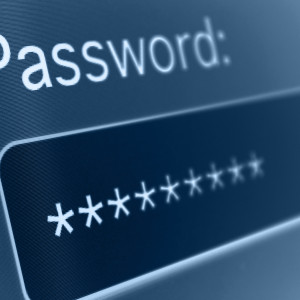Very few times in our lifetimes do the interests of the government, business leaders, political parties and the general public, converge. But that is exactly what is happening when it comes to cybersecurity. No matter where you’re from, or how much money you earn – everyone is vulnerable to cyber-attacks.
In the modern world, we all share in the responsibility for safely using Internet-connected systems. Global trade, financial institutions and government entities all rely on a secure cyberspace for the free flow of capital, goods and ideas. State-sponsored actors in Russia, China, and North Korea and other sophisticated cyber-criminals pose a threat to everyone.
In order to combat this growing global danger, Americans need government and private sector companies to collaborate and share information.
The upcoming Innovation Summit which the Security Innovation Network (SINET) is hosting in New York City on June 25th, 2015, highlights the importance of cooperation between the government and private sector to help the United States, and our allies, meet future threats head on. SINET is led by Robert Rodriguez, who has a very distinguished track record fostering cyber trust and cooperation between government and industry in the United States and across the world.
With cyber-terrorism, quick and efficient information sharing makes a critical difference. Congress is currently considering multiple pieces of legislation to promote the timely reporting of attacks and threat indicators between the government and private sector. However, more needs to be done to ensure that business leaders do not let the fear of litigation preclude them from sharing cyber-threat information. Protections from liability are critical to ensuring information-sharing remains a two-way street.
Small- and medium-sized companies face some of the largest threats from cyber-attacks. According to a survey by the National Small Business Association, half of the small business respondents said they have been victimized and the average cost of dealing with these attacks has jumped to $20,752 per attack from $8,699 two years ago. More education is needed to help small businesses combat this threat, so that they are better poised to take preventative measures against potential attacks.
We also need engaged citizens, ever vigilant to how they use Internet-connected devices. Citizens need to be aware of online risks – the importance of monitoring credit card statements, signing up for real time alerts and creating and updating strong passwords – to become responsible stewards of cyberspace.
Innovation is also key and we need to continue to lead with the best technology. According to the security company Symantec, as many as 300,000 cybersecurity jobs in the United States went unfilled last year. The United States must continue to invest in innovation and advancements in the cybersecurity industry and can do so by providing tax incentives for up-and-coming cybersecurity firms.
It is critical that we work together to combat the growing threat from cyber-assailants and state actors. Investing in innovation, collaboration, and information sharing between both the public and private sector will be fundamental to deterring these digital threats.

